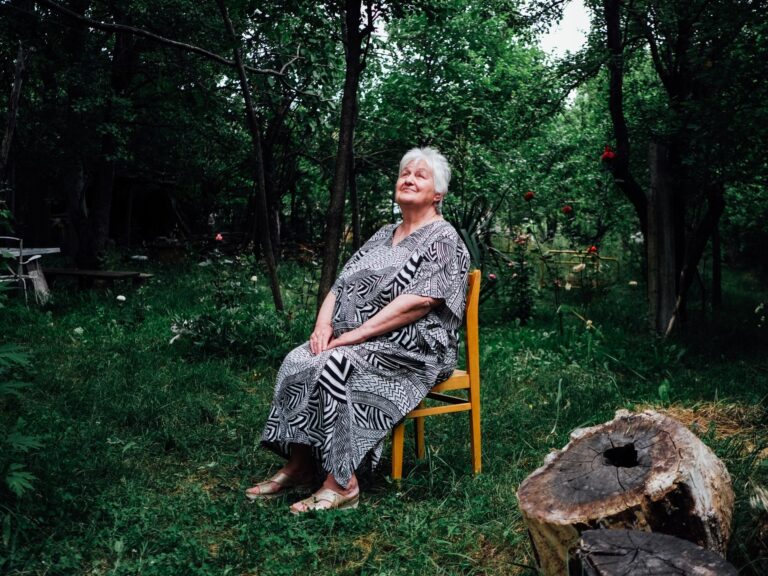Tbilisi, Georgia – Georgia is in flux.
Protests erupted in the mountainous Caucasus country in mid-April over a proposed Foreign Agents Bill that would require organisations that receive more than 20 percent of their funding from abroad to register as “agents of foreign influence”.
Critics see the measures as similar to Russia’s “foreign agents” law, which was first introduced in 2012 and expanded in 2022 to include NGOs, media outlets, and individual Russian nationals, including journalists and activists, used to crack down on critics of the Kremlin.
Russian law, like Georgia’s, requires anyone considered a “foreign agent” to regularly report their income and expenses and submit to financial audits.
Many of Georgia’s younger, Western-leaning generation see the law, passed in May, as a sign that the ruling Georgian Dream party is leaning closer to Russia.
They fear such changes could undermine the country’s chances of joining the European Union, an ambition enshrined in the constitution.
Meanwhile, the opposition is accused by the government of allowing Western rhetoric to distort traditional values.
Georgian Dream says the law is needed to promote transparency and protect the country from foreign influence, and its billionaire founder, Bidzina Ivanishvili, accuses NGOs of being foreign-controlled and plotting revolution.
Anti-government protesters are now turning their attention to October elections, where voters will choose whether to re-elect the Georgian Dream party to a fourth term or form an opposition party.
A national poll in March gave Georgian Dream 31% support, nearly double that of the main opposition party. The ruling party draws much of its support from older Georgians, but most of the protesters who have taken to the streets this year have been young people.
As the generational divide widens, Al Jazeera spoke to several Georgians about the protests, Russia and the EU.

